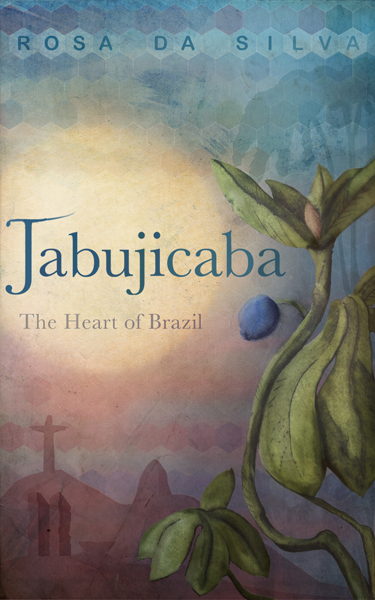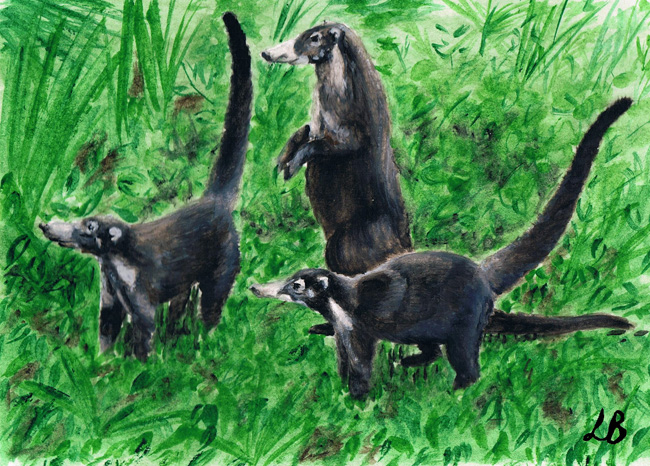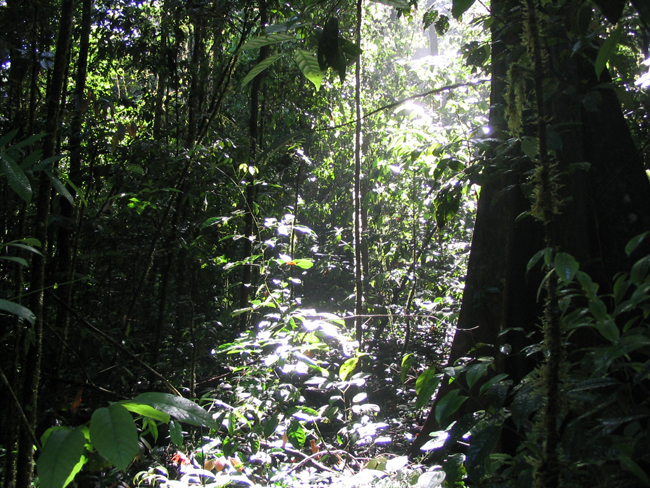Eco-Interview: Rosa Da Silva, Author of Jabujicaba, The Heart of Brazil
When was your organization founded? Please tell us a bit about its mission, goals…
Jabujicaba the book was published as an e-book at the end of April 2014. The paperback version is coming out this month. Behind it is an idea. Literally a ‘novel’ campaign.
On June 2nd 2014 the not-for-profit company Voices for Nature Limited was incorporated. This takes the campaign forward beyond the life-span of the book.
The people working on this creative project are young and green and Indie… but the ideas behind all this are long in the tooth.
What is your educational background and what led to creating this organization?
I am half German and half English. I grew up always on the move. I have lived in many different countries, including the US where both of my children were born. I speak lots of different languages. I would say I grew up with strong feelings for nature and none for national affiliations.
I studied Modern and Medieval Languages at Cambridge University (Spanish and German). It helps to explain my love for magic realism – Garcia Marques, Isabel Allende – Latin American authors – and German writers like Kafka and Brecht and socialist political art eg: George Grosz and Kaethe Kollwitz.
I worked in the environmental area for many years, with a professional background in policy, communications and campaigning. I was involved in the early days when social/human rights, economic and environmental agendas were merged into ‘sustainability’ – an unimaginative word. I have worked in many countries including Brazil and Africa.
Politically, I believe in intervention in the markets for the good of others. I think a civilized society needs to ensure fair and equal outcomes, not just opportunities (which we know not everybody is able to take advantage of). I believe people must always be intellectually curious and be free to question. I believe in activism and not turning a blind eye or the other cheek. I believe in courage. In the separation of church, judiciary and state.
Over the decades there has been no real progress on climate change or conservation. Climate change continues on the up and so does species extinction. Something is clearly not right about how we are trying to tackle these problems – we know so many facts, we can measure the path we are on and predict where we are going. As a species, human beings need to reconnect with all living creatures and realise our inter-dependence.
I think we can find the right path by re-engaging people emotionally so they feel part (and not in charge) of the natural world.
That is the impulse behind Jabujicaba the book and setting up Voices for Nature. But it is not just a feeling, it is a process of political engagement (with a small ‘p’).
What are some challenges you have faced and how did you deal with them?
Pursuing fairness is a huge and continual challenge in everything I have done in my varied professional career. I was always standing up and arguing with ‘authority’ whether it was with a teacher at school or bosses at work.
Being heard in all the noise of a global market place, which is a Babel, is a big challenge.
The only way forward is to keep repeating yourself and remembering core values and the goal ahead. But you can’t get to where you are going alone in life. You need the help of others. You need to inspire and lead and to do that you need to be empathetic and kind.
What can people do to help? Donate, and contribute to your cause? Other ideas?
I don’t want the interview to be about selling an idea or a project. It is for people listening to ask their own questions and maybe find some of their answers are aligned with mine. Then they might want to find more about what we are doing and help. They could maybe read the book. It has had good reviews.
How do you reach your targeted audience? Is it through your website, advertising or social media or another route? Which is most effective and why?
All possible routes are tried and taken, although we are trying to work bottom-up, Indie in everything. We wouldn’t say ‘no’ though if Harrison Ford stepped in to help our ambitions for a green Indiana Jones film! Sometimes ‘top down’ or celebrity endorsement can help you to get where you are going (although it is not without its dangers). Certainly we are using social media and word of mouth.
How do you keep the audience engaged over time?
By being happy, having fun, with lots of variety. Everything we do also has to ring an inner chord with the target audience of what really matters, the meaning of our existence, not just our individual life. Jabujicaba is not about simply ‘entertainment.’ Through our website we hope to engage people in other areas of their life – to campaign or to study or volunteer – or even just to take their children to the zoo but with a changed heart.
Tell us about your events around the world and some of the campaigns you have started.
When we made Jabujicaba the book available as a free download to test the audience, we found there was interest all over the world. About 700 copies were downloaded in 5 weeks.Take up is a lot less now, it costs a couple of dollars… We are still at the beginning of our journey.
Our campaigns, if you can call them such, involve around engaging with the books various stakeholders through interviews which explore the relationship between fact and fiction in the book. For instance, in the area of anthropology, with an anthropologist from Oxford University. Or in politics, with a green politician who did a ‘prequel’ meeting one of the characters in my book as a young man. Marco, who is the president of Brazil.
The focus of these interviews has been local and in the UK. We have tried to engage a little in the US, so far without success. It is hard not being there and time constraints mean you stay close to home.
Also the book is in English at the moment which restricts its target audience.
What is in the works for the future? What haven’t you yet tackled, but will want to do soon?
We are working on Jabujicaba the film and progressing step by step. Jabujicaba as a ‘novel’ campaign is timed to coincide with the World Cup and Olympics in Brazil. After that, we plan Voices for Nature to kick in with our film initiative. Through film we will reach a much larger audience with our messages.
Longer term, we would like to fund and reward young people’s creative projects for rainforest conservation, using royalties from the book/film – a bit like Sophie’s World – and grow to a forest (metaphorically and literally).
Bonus!
Jabujicaba is about diversity in our own societies too – and social justice. We need to tackle these issues too.
All on www.jabujicaba.net – but also @ArchieAiredale (my dog!)



